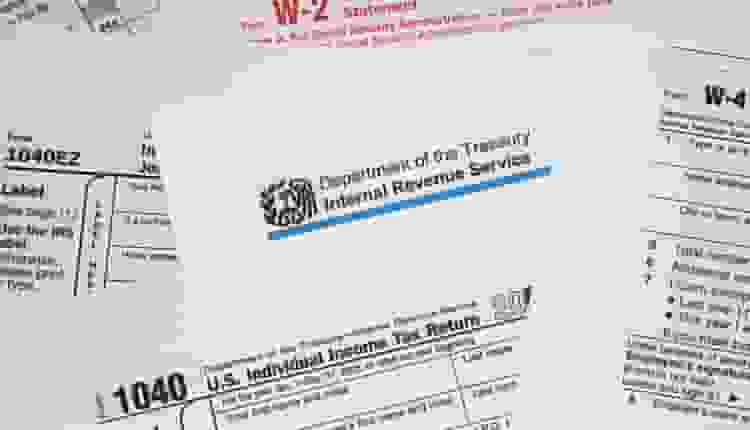
The Internal Revenue Service (IRS) has issued a warning about scammers using a new tactic to deceive people and obtain their private information through fake mailings.
While the IRS regularly sends mail to taxpayers, officials emphasize that this particular letter is different and urge individuals to look out for key signs to identify whether a purported IRS mailing is genuine or a scam.
Beware of New IRS Scam
The alert comes from the Security Summit, a collaborative effort involving the IRS, state tax administrators, and members of the tax industry, which has already witnessed many falling victim to this fraudulent scheme.
“This is only the latest in a long line of attempts by identity thieves posing as the IRS in the hopes of deceiving people into surrendering critical personal information to steal identities and money, including tax refunds,” said IRS Commissioner Danny Werfel in a news release describing the fraud.
The fake letter arrives in a cardboard envelope bearing an IRS masthead and falsely claims to be related to the recipient’s unclaimed refund.
Scammers then request sensitive details, including driver’s license photos, bank information, routing numbers, social security numbers, and cell phone numbers—information the real IRS would never solicit.
The awkwardly worded request for Filing Information for the refund, such as a Clear Picture of Your Driver’s License That Clearly Shows All Four (4) Angles, Taken in a Setting with Excellent Lighting, is one of the warning signals.
Raphael Tulino, an IRS spokesperson, advises consumers to be cautious and look for red flags in the letter’s presentation, such as poor punctuation and grammar that indicate it is not a legitimate IRS communication.
Read more: White House Firmly Rejects Possibility Of Joe Biden Pardoning His Son Hunter
How to Identify Genuine Mailings from Fraudulent Ones

If someone receives a suspicious letter, officials stress not to call the phone number provided. Taxpayers with questions should only use the official IRS phone numbers listed on the agency’s website.
To verify the legitimacy of an IRS representative, taxpayers can ask for their IRS-issued credentials or HSPD-12 card, an identification for federal employees.
The IRS does not use text messages or social media to gather personal information or collect tax debts. It also does not demand immediate payment using prepaid debit cards, gift cards, or wire transfers, nor threaten law enforcement involvement for non-payment.
Additionally, the IRS does not make unexpected calls about tax refunds or demand immediate payment without providing taxpayers with the chance to question or appeal the amount owed.
As the IRS continues to combat identity thieves and scammers, individuals are urged to stay vigilant and be aware of these tactics to protect their personal information and financial security.
Read more: Kansas Residents Receive First Direct SNAP Payment After Six-Day Wait

